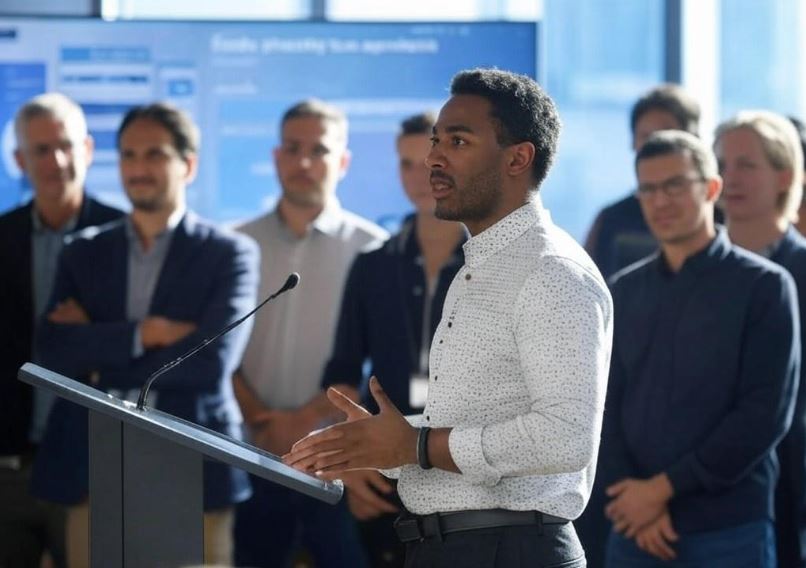
Scenario: Students and educational institutions struggle with the management, verification, and portability of academic records. Traditional systems often involve physical certificates, which can be lost, forged, or difficult to verify. Moreover, students face challenges when moving between institutions or internationally, where different standards might apply.
Problem:
- Verification Issues: Employers, other educational institutions, or scholarship programs often require time-consuming and bureaucratic processes to verify academic credentials.
- Data Privacy and Security: Centralized systems are prone to data breaches, and students have little control over how their educational data is used or shared.
- Portability: Moving academic records from one country or institution to another can be cumbersome, especially with varying formats and recognition of qualifications.
Web3 Solution by Web3Dev:
- Self-Sovereign Identity (SSI) for Education:
- Web3Dev implements a system where students control their academic identities via blockchain. Each student gets a digital wallet containing their verified educational records as NFTs or Verifiable Credentials (VCs).
- Immutable Academic Records:
- Academic achievements, from degrees to certifications, are issued as NFTs or VCs by educational institutions. These are recorded on a blockchain, ensuring they cannot be altered, lost, or forged.
- Selective Disclosure:
- Students can share only the necessary information from their records. For instance, they might reveal just their degree for job applications without exposing their entire academic history, enhancing privacy control.
- Interoperability and Recognition:
- The system uses standards that allow for global recognition of credentials. Educational institutions can easily verify records from other institutions on the blockchain, reducing the need for extensive background checks or credential assessments.
- Lifelong Learning Records:
- The digital wallet grows with the individual, accommodating not just formal education but also informal learning, workshops, and skills acquired over time. This creates a dynamic, lifelong learning profile that can be beneficial for career progression or further education.
- Decentralized Governance for Standards:
- A consortium of educational bodies could form a DAO to manage the standards, updates, and recognition of these digital credentials, ensuring they evolve with educational practices and regulatory changes.
- Security and Data Sovereignty:
- Since the data is stored on a blockchain, it’s resistant to single points of failure, hacks, or unauthorized changes. Students have sovereignty over their data, choosing when and with whom to share their credentials.
Impact:
- Streamlines the process of verifying academic credentials for employment or further education, reducing administrative overhead.
- Empowers students with control over their personal educational data, enhancing privacy and security.
- Facilitates international mobility for learners by providing a universally accessible and verifiable record of their education.
- Encourages lifelong learning by making it easier to document and share all forms of educational experiences, not just formal qualifications.
This use case demonstrates how blockchain can revolutionize how educational achievements are managed, verified, and shared, aligning with the principles of decentralization, privacy, and personal data control.




No Comments